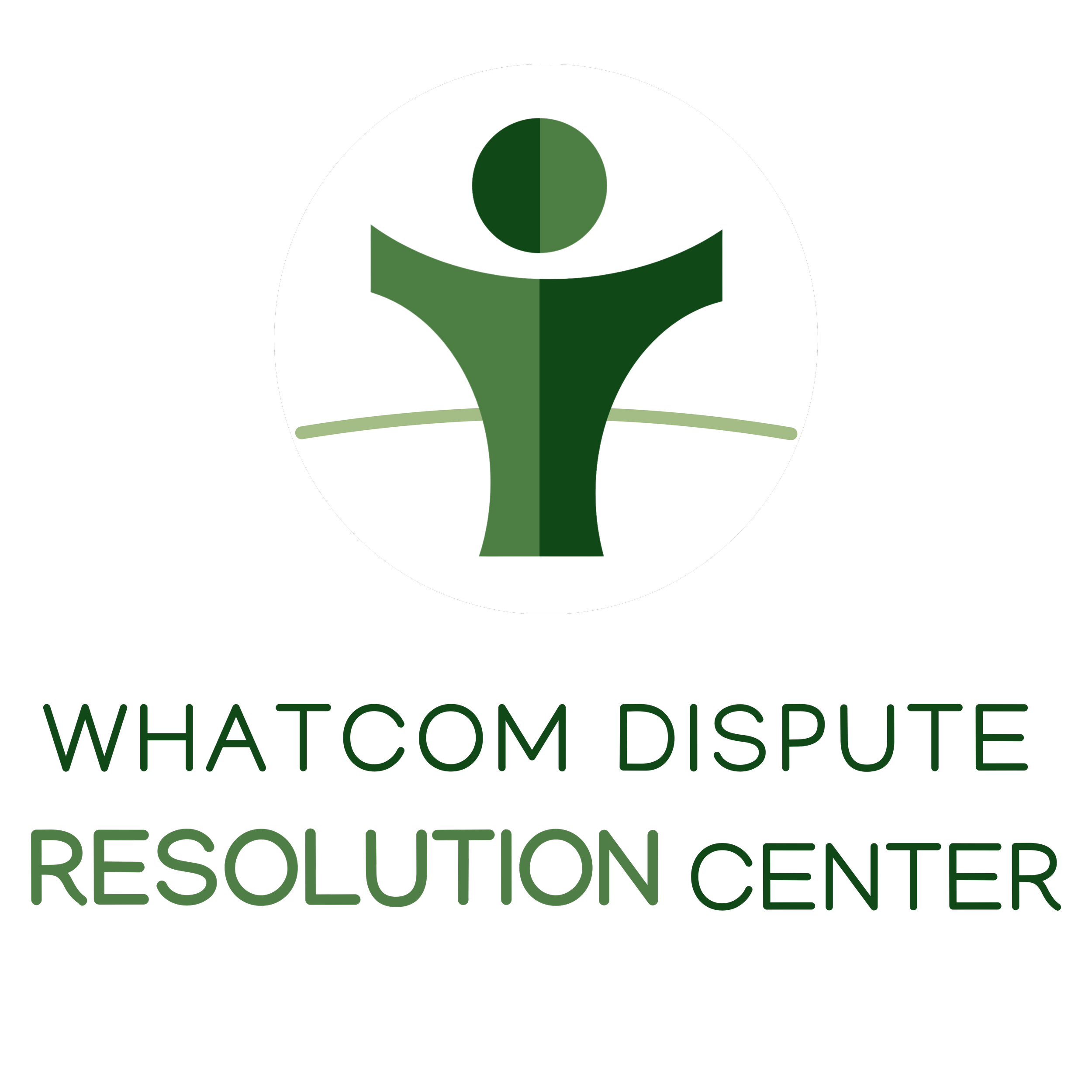"Transformative Tribal Relations Training: Tribal Engagement 101
By Mary Dumas, Mediator
Thank you to Resolution Washington (the statewide Association of DRCs) and specifically, the Six Rivers Dispute Resolution Center for promoting and supporting an excellent training "Transformative Tribal Relations" at the University of Washington Law School - a 101 on Tribal Indian Law in a highly accessible professional development format for mediation center volunteers and staff. I was pleased to learn of the opportunity through the WDRC, and found the training to be valuable as part of my annual continuing education
Robert Harper , Executive Director, Seventh Sovereign LLC (www.seventhsovereign.com) brought broad professional experience as a mediator and teacher of sovereignty and the complex colonialist history we all inherited in the United States. His examples illustrated contemporary obligations and where they intersect with treaties and tribal nations at local, state and national project levels. The training format provided time for participants to explore concepts in a mixed racial group with plenty of discussion exposing the many ways sovereignty appears in the "now" of project and community discussions. Case studies examined impacts on matters as varied as environmental, public health, and schools, family courts and inter-jurisdictional mandated consultations with United States federal agencies.
Basics in tribal law were given, noting that to work with sovereignty means one is working with facts and of many peoples, over 300+ each with an origin stories of their nation and places arising from "time immemorial", which was considerably more complex than a short course allows. Robert suggested we focus on three pathways: Relational to stay curious and cooperative. Operational only as necessary to support relational stage/needs. And only then, building the necessary Infrastructure or tools to support cooperative aspirations or actions. With all three pathways to choose from, one can make progress in building a relationship over time that is sincere with meaningful ways to reconnect parties over and over again as (i) negotiated and/or rule-making processes progress and (ii) trust deepens through shared experiences and demonstrated integrity toward recognition, reconciliation and restoration.. A great starting point for being cultural responsive and socially responsible in our mediation practices in the Pacific Northwest.
